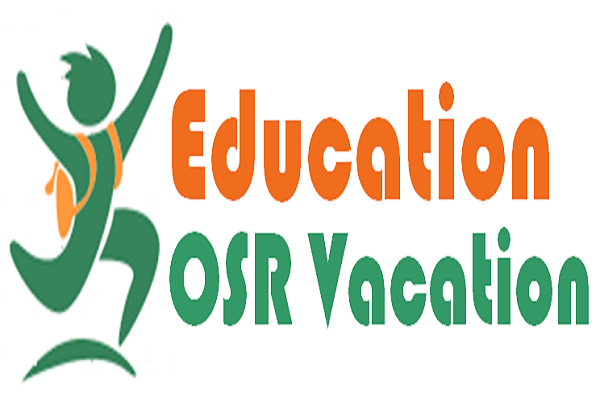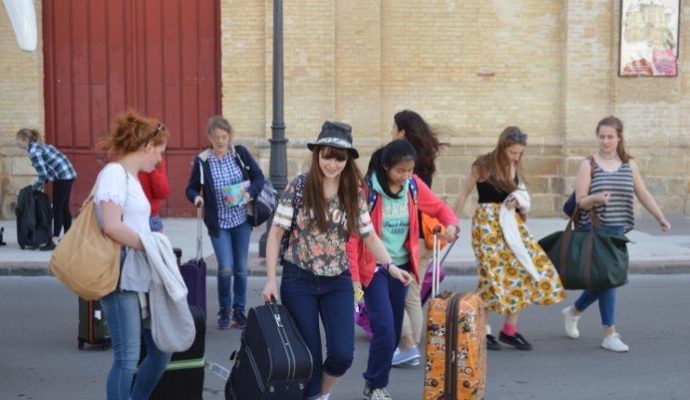Educational trips can give students exposure to places they might not otherwise visit.
Many schools, camps and institutions offer Educational trips for students to spend several hours or days outside of the classroom. Educational trips range from local visits to civic offices or businesses to international excursions, complete with overnight stays. Whatever their scope, Educational trips can offer many advantages to the students who take them.
Perspective
Part of how students benefit from Educational trips is by gaining new perspectives on the world. This is especially true for more extensive Educational trips where students travel farther away from home. By coming into direct contact with a different environment or even a new culture or language, students can better understand their place in the community and develop an openness to differences in others.
Variety
Educational trips also function to put some variety into otherwise regimented lesson plans. Instead of spending every day in the classroom, students get to learn in a new environment with new instructors. Educational trips also may give students a chance to interact with students from other schools as they learn together or participate in group activities
Learning Styles
Educational trips will often cater to more than one learning style, making them excellent teaching tools for certain students. Classroom lectures apply primarily to audio learners, who learn best by listening. Visual learners can benefit from visual aids, which exist in the classroom, but are much more frequent during a Educational trip. Finally, for tactile learners, Educational trips offer an uncommon opportunity to perform hands-on learning.
Classroom Supplement
It’s important for instructors and school administrators to choose Educational trips that augment existing lesson plans and synchronize with classroom learning. A Educational trip that teachers choose for these reasons can serve to illustrate difficult concepts or extend the general natural of a classroom lesson by giving more specific information. The specialists who lead school groups on Educational trips also may be able to provide professional insight from advanced study or direct experience that teachers could never provide alone.
Reward
Before a Educational trip even takes place, it can begin to produce benefits for students. By not allowing students with behavioral or academic problems to participate in a Educational trip, teachers can encourage good behavior and motivate students to work hard with the prospect of a Educational trip looming as a reward. Even the most informative Educational trips usually have an element of recreation, making them a time to unwind for all students.





